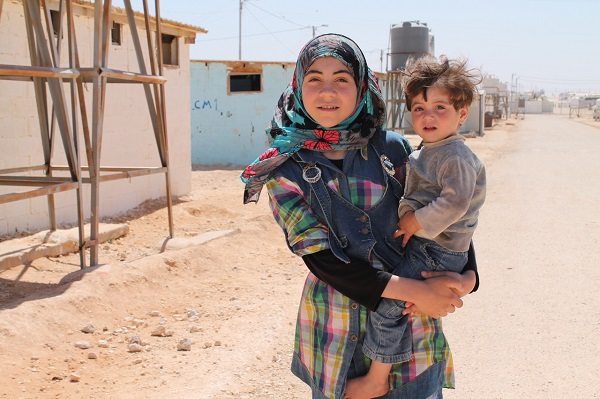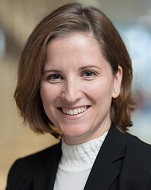
A few weeks ago, UNICEF Luxembourg came to present its mission and its experience in the field at our office; there, I had the opportunity to meet Paul Heber, Head of Communication for UNICEF Luxembourg, who explained to me why it was so important to raise awareness at company level.
In Luxembourg, ING has had a long-standing partnership with UNICEF for more than a decade. While both ING and UNICEF have their own individual strengths, working together and combining these strengths achieve even better results for children.
The presentation was a great opportunity to show what has already been achieved. It was a means to show the impact of UNICEF’s daily work for children and talking to a live audience allows them to better connect with people interested in their work.
At some stage I wanted to know more about the mission UNICEF Luxembourg did in Jordan and why they chose this place in particular.
UNICEF works in more than 190 countries and territories around the world, including all those affected by the Syrian conflict and migration crisis as well as Syria itself. In fact, UNICEF is one of the last remaining international organisations in Syria.
In this case they picked Jordan, because it felt like a natural next step after they had focused a lot of their attention on refugee and migrant children at the end of 2015. While, at the end of last year, they looked at the whole situation from a European angle, this year they wanted to show that the migration issue has many more sides to it. In fact, 4.6 million Syrian refugees currently live in Syria's neighbouring countries. That is four times as many as in the whole of Europe, and it is putting a lot of strain on those countries.
The conference ended with a unique experience for all attendees: trying the Samsung Gear (360°) glasses to discover a Syrian refugee camp in Jordan. During more or less 5 minutes, I had the chance to “spend time" with Sidra, a young Syrian girl, eat dinner with her family, explore the camp and play football with all the children. It was impressive how real it all was and how touching.
The Virtual reality (VR) glasses had been tested as a possible tool for awareness raising by UNICEF's Innovation Team in 2015, but had yet to make it into the open. About a year ago, UNICEF Luxembourg had the opportunity to test them and quickly realised their potential for communication purposes in Luxembourg. It is the cheapest and fastest way to get the audience to experience the work of UNICEF first-hand. The VR glasses take story-telling to a whole new level.
In Luxembourg, UNICEF decided to spearhead the use of VR glasses and took the initiative to push its development. In their spare time, they started to test different glasses ranging from cheap cardboard models to more sophisticated ones. In the end they settled for the ones providing best VR experience, which is crucial, because you only have one chance to convince people. Every person who has tried the glasses so far has been very impressed, both because of the innovative technology, as well as Sidra's compelling story.
On an international level, UNICEF plans to show more of its work through VR in the coming years, proving that the right technology can indeed have a positive impact on modern development work. It has been very exciting so far and we are very proud of our cooperation with UNICEF Luxembourg.









